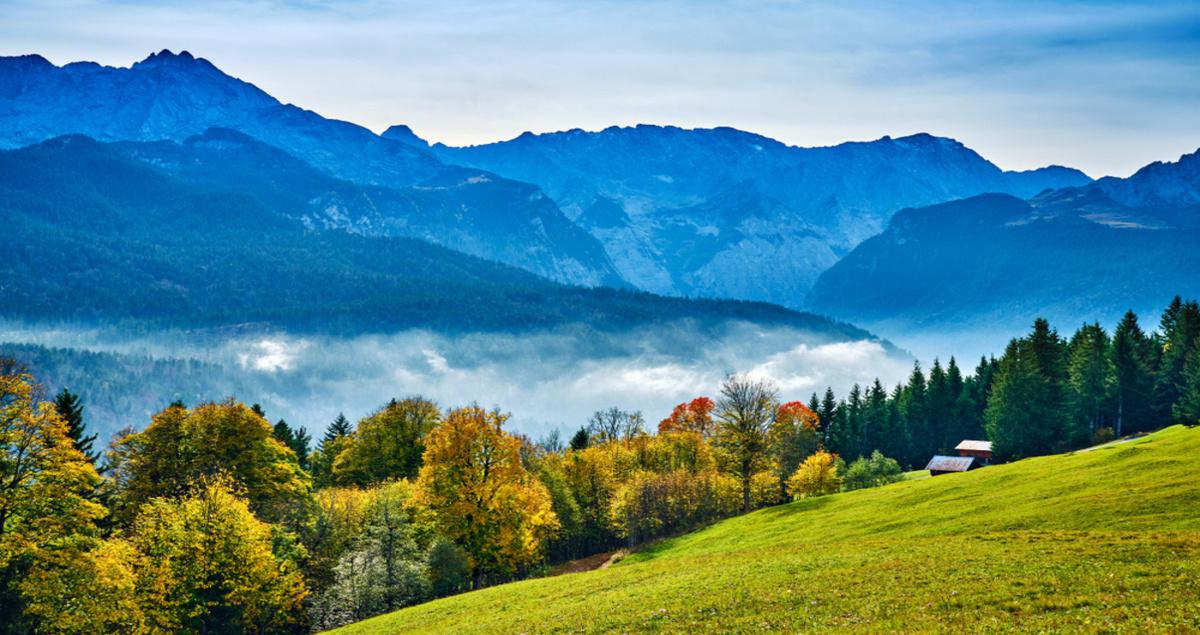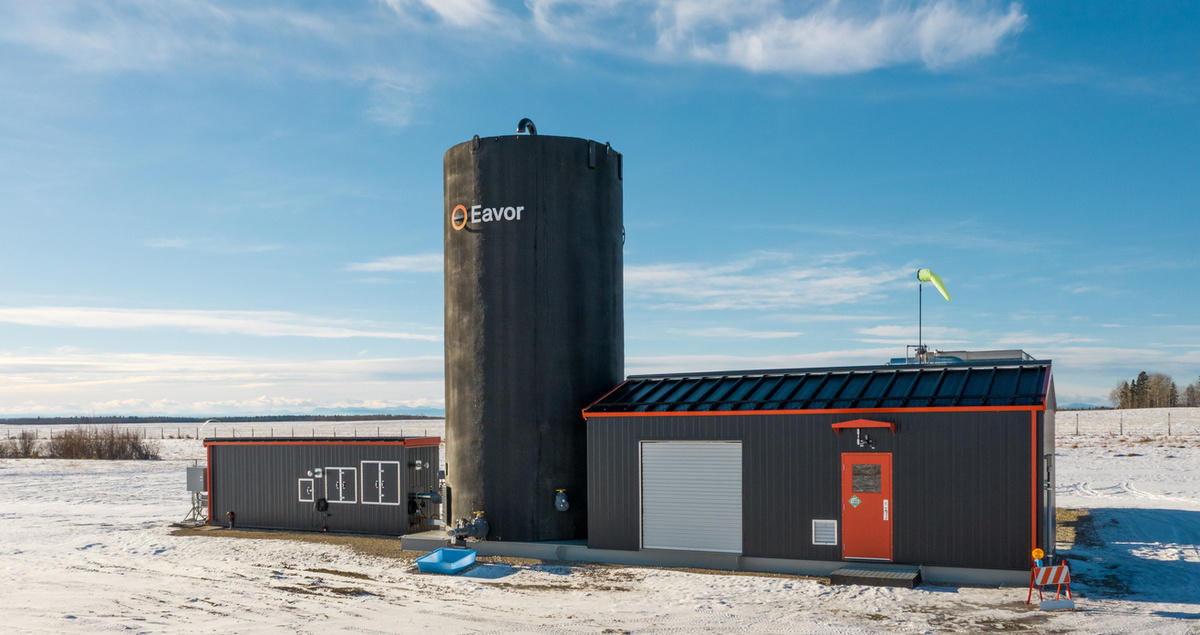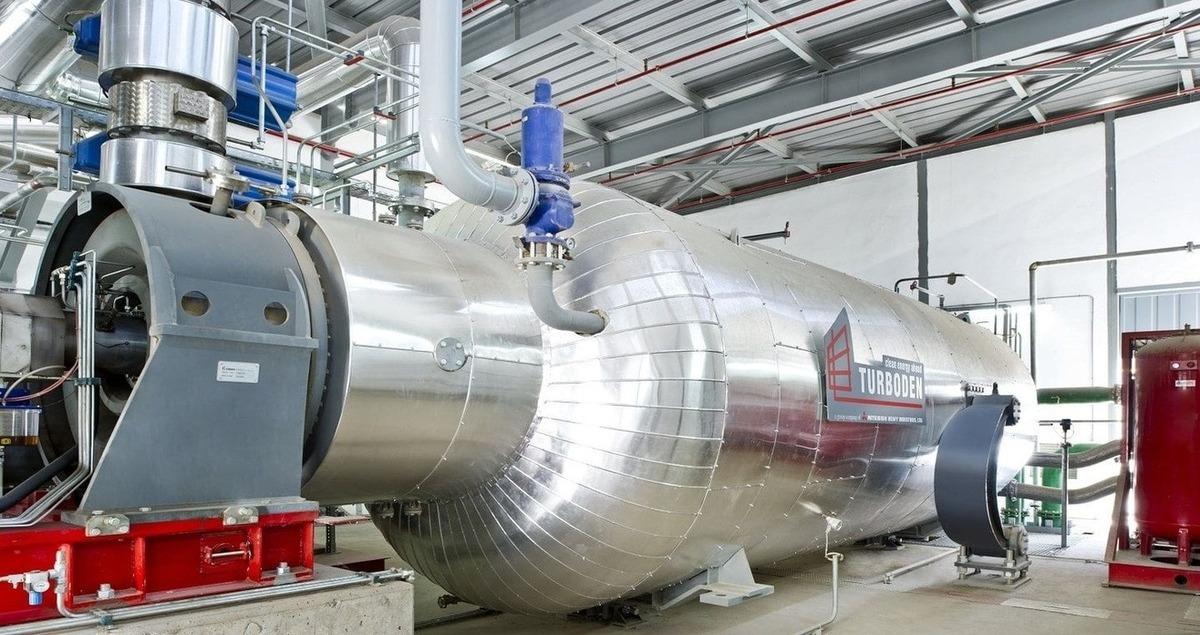Bavaria is using the Earth as a giant battery

As the world looks for ever more inventive ways to decarbonize, a small town in Bavaria will soon be using the Earth like a giant rechargeable battery.
It doesn’t matter if it’s day or night, windy or calm, winter or summer; the town of Geretsried will receive a constant baseload of electricity — and eventually heat for its district grid — thanks to “closed-loop” geothermal technology.
Perhaps most significantly, a system like this could be launched almost anywhere, potentially marking the end of the geographical lottery of geothermal availability.
Barriers to geothermal energy
Geothermal is a renewable energy source that humans have used for thousands of years, but we are only just beginning to unlock the full commercial potential of underground heat.
Perhaps the biggest stumbling block for the rise of geothermal energy has been the initial drilling cost. Drilling one 4km-deep well can cost several million dollars, and on average, only half of the first exploration wells are successful. Finding a hot underground aquifer and extracting the liquid is not easy.
Another major issue has been that the conditions required for harnessing the power of geothermal only appear in a few places around the world, usually where there is a lot of tectonic activity.
So how can closed-loop technology solve these issues, and how does it work?

Closed loop systems
In Bavaria, Canadian firm Eavor’s closed-loop geothermal technology adds a fluid above ground and then sends this around a sealed system — a bit like a car radiator that circulates heat from the vehicle’s engine. The high temperatures from deep underground heat up the fluid, which travels back to the surface where it can be utilized for heat or electricity generation.
Fluids are heated by the Earth and circulated in a closed network of underground wellbores, providing a reliable, consistent and scalable energy source.
No extraction of underground liquid is required, so there is no need to locate and exploit underground aquifers. Nor is there any need for the system to be close to tectonic activity.
Pumps are not required either — the fluid circulates naturally through a process called thermosiphon, in which hot fluid rises in the outlet well, while cool fluid falls.

Power on demand
The Eavor-Loop can slow down or stop the flow of heat altogether, allowing the fluid to stay close to the heat source for longer, which ‘charges’ the fluid with heat. That heat can then be dispatched later, when it is needed, rather like having a rechargeable battery underground.
The project has support from the EU’s Innovation Fund, and is the first commercial implementation of closed-loop geothermal technology.
But the Eavor-Loop also needs to be connected to technology that converts the heat to electricity. In the case of the Bavarian site, Eavor opted for an Organic Rankine Cycle (ORC) system from Mitsubishi Heavy Industries (MHI) group company Turboden.
ORC systems are versatile — they can generate electric and thermal power from multiple energy sources, from renewables such as geothermal, traditional fuels such as natural gas, and even waste heat from industrial sources.
For example, in the Italian olive-oil producing region of Puglia, farmers use unwanted olive tree branches as biofuel with an ORC system. The process is very similar despite the different heat source.
Toward carbon neutrality
Most geothermal technologies require specific and often rare conditions to be used effectively. But combining closed-loop technology with ORC turbines can open up access to geothermal energy for electricity generation.
A constant, reliable, no-emission energy source is a valuable opportunity for any country on the road to net zero. With the combination of ORC and closed-loop systems opening up geothermal availability, Geretsried’s giant Earth battery could become a blueprint for the rest of the world.
Discover more about Organic Rankine Cycle (ORC), Turboden's technology





